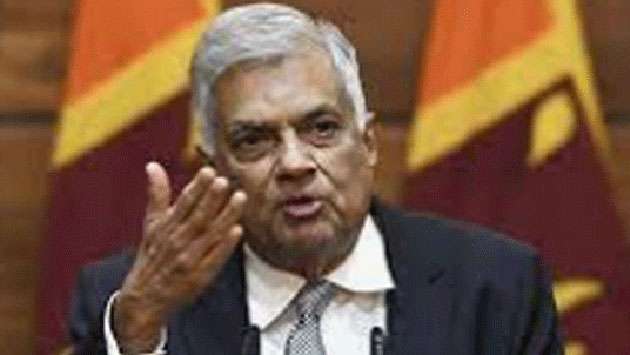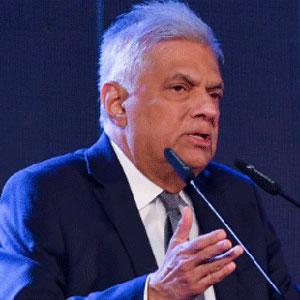Reply To:
Name - Reply Comment

 Colombo, July 19 (Daily Mirror)- President Ranil Wickremesinghe said that efforts are underway to position Sri Lanka as the regional hub for human capital development.
Colombo, July 19 (Daily Mirror)- President Ranil Wickremesinghe said that efforts are underway to position Sri Lanka as the regional hub for human capital development.
He stressed the need to re-evaluate the National Vocational Qualification (NVQ) to align with internationally accepted standards, such as those in Australia, President's Media Division (PMD) said.
President Ranil Wickremesinghe made these remarks while addressing the Sri Lanka Human Capital Summit 2024 held yesterday (18) at Temple Trees under the theme of "Unlocking Sri Lanka's Economic Potential by Building a Future-Ready Workforce," focussing on nurturing, harnessing, and amplifying human capital.
He expressed his intent to seek assistance from Australia to strengthen and modernize Sri Lanka's education system. He stressed the importance of collective efforts among BIMSTEC countries and seeking support from international partners to build a robust education system.
President Wickremesinghe underscored the necessity of systemic changes, advocating for reforms and the strengthening of education and training systems.
He also underscored the importance of integrating power and land connectivity in a strategic move to enhance Sri Lanka's economic growth. Speaking on the subject, the President stated that while power connectivity is vital, land connectivity stands as the most crucial sector for development.
He highlighted how the Tamil Nadu economy, which competes with Maharashtra and Gujarat, along with Andhra Pradesh and Telangana, could significantly benefit from accessing Sri Lanka’s ports in Trincomalee and Colombo.
This integration, according to the President, would benefit both countries. President Wickremesinghe stressed the need for expansion in various identified areas, advocating for a friendly approach to both foreign and local investments and called for a focus on human capital formation, pointing out that financial capital is essential for developing human capital.
He highlighted the necessity of prioritizing the vocational and technical sectors, given that many who left the country were vocationally and technically qualified.